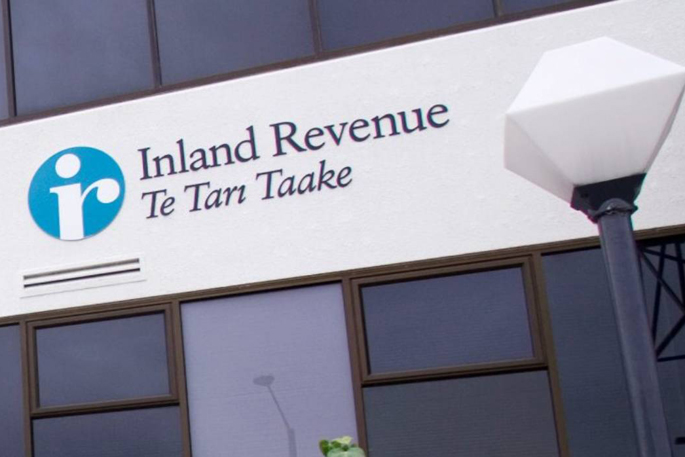Inland Revenue says 450,000 people have been paying the wrong rate of tax on their KiwiSaver accounts and other managed funds.
There will be tax bills coming in the post for many, with some running into at least the hundreds of dollars.
Inland Revenue spokeswoman Gay Cavill says an overhaul of the tax system in April meant Inland Revenue was now better able to see what rate of tax people should be paying on their KiwiSaver accounts and other investment savings.
We will be proactively contacting about 450,000 people over the next few weeks who appear to have not been paying the correct PIR (prescribed investor rate) on managed funds such as KiwiSaver," she says.
Just over 120,000 letters have gone out so far.
"Inland Revenue's new system is better able to see what rate people should be on and we have sent letters to those people advising them what the correct rate should be," says Gay.
"Consequently, some of these people may have had to pay a higher amount of tax this year than they were expecting."
A public relations professional says she was among the people who had received a letter from Inland Revenue and was shocked to be facing a bill of $600.
"KiwiSavers unbeknownst to us have been paying a lower PIR tax rate than we should – though no one told us – and as a result have been pinged with a tax bill," she says.
"No one seems accountable."
She had been paying 10.5 per cent tax on her KiwiSaver account when she should have been paying the top rate of 28 per cent, she found out.
"I would have thought the provider should have some system to ensure I had selected the right rate, but 'no'."
As a general rule, people with a taxable income above $48,000 should pay PIR at the rate of 28 per cent, while people with an income of between $14,000 and $48,000 will generally pay the 17.5 per cent rate, and only those with an annual income below $14,000 should pay the 10.5 per cent rate.
But Gay says Inland Revenue was reliant on people telling their investment fund manager what their correct PIR was.
"The new system means we can now more easily identify the correct PIR for each customer and advise them early to ensure they pay the right amount of tax as part of their income tax assessments," she says.
Further information has been sought from Inland Revenue on whether any or many of the 450,000 people it had contacted might have paid PIR at a higher rate than they were supposed to, and on the average size of tax bills.
Martin Hawes, financial advisor and chair of the Summer Investment Committee, believed a significant proportion of the wrong tax rates would be caused by people in "default" KiwiSaver schemes paying too much tax, but said in the case of overpaying PIR there were no refunds.
That seemed unfair, especially given that most people who overpaid PIR tax would be on low incomes, he said.
"We need a legislative change to require an employee to provide a PIR as part of the information they are required to give their employers. Then, an employer would be required to pass that onto IRD as part of the default KiwiSaver application process," he says.
-Stuff.co.nz/Tom Pullar-Strecker.



0 comments
Leave a Comment
You must be logged in to make a comment.